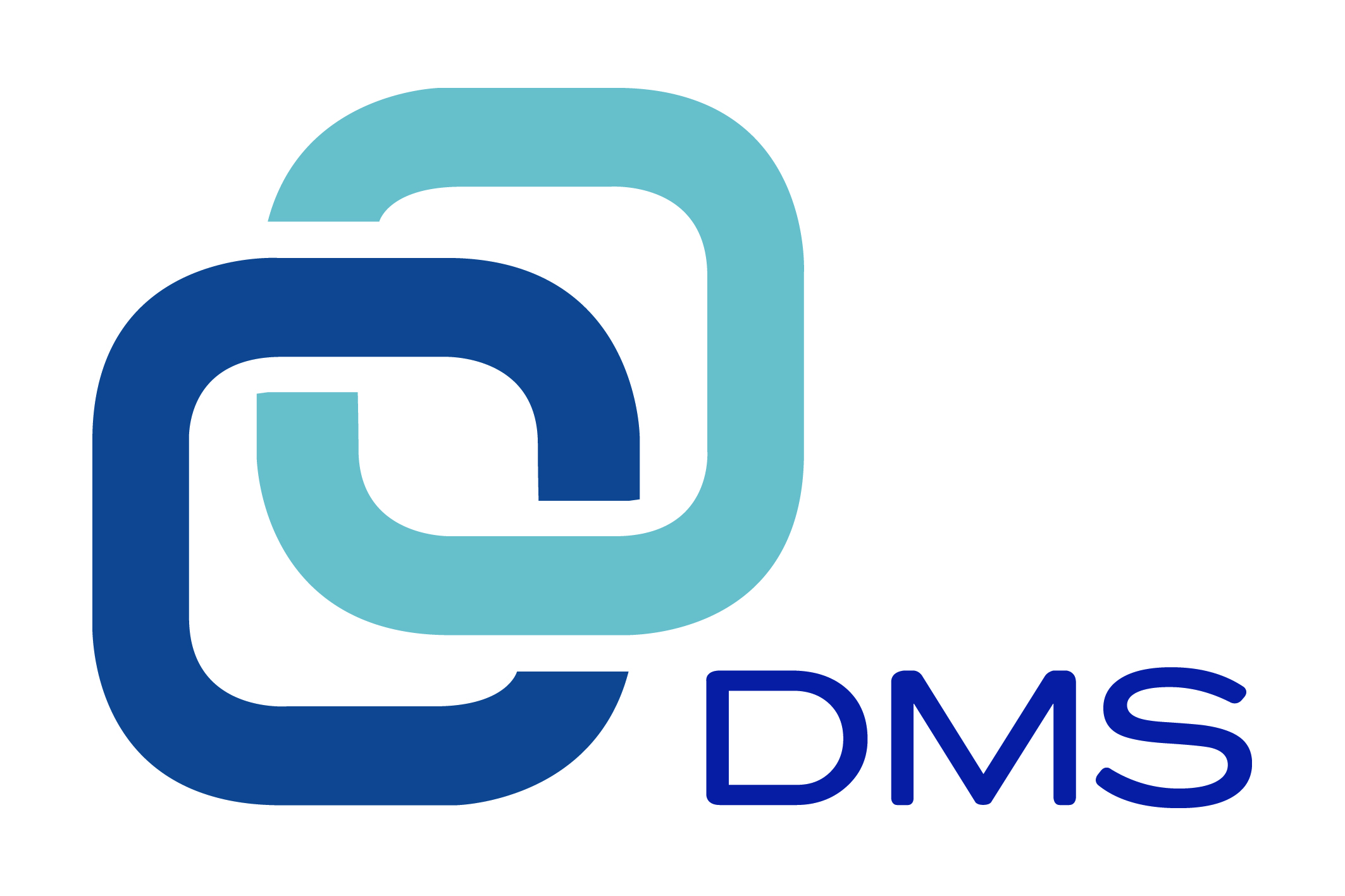DMS knowledgebase
12 Supply Chain Forecasting Lessons
1-3 lines giving brief overview of the white paper – what the issue is, how you rectify etc
“Hey, have you heard? Brad Paisley’s coming to town!”
“No way! I’ve been dying to see him. Got tickets?”
“Not yet, but I’m going online now”
And so begins the mission to find the perfect ticket at the perfect price in the perfect location for – to many – the perfect show.
You log into the appropriate website, and methodically specify the date and venue for the show you’d like to attend. You select the number of tickets you intend to buy, and perhaps even specify the location of your seats. Then there’s that one hiccup in the process, that one last step before you make your payment. You’re
presented with a fuzzy image of a word or two. The words often seem meaningless, but you must type them correctly before you can proceed.
This image, known as a CAPTCHA, is intended to ensure that you’re a real person, not another computer that’s relentlessly gobbling up volumes of tickets on behalf of a broker or a scalper. While these words are often a challenge to decipher, you have an advantage over even astonishingly powerful computers … you can actually read them (OK … perhaps you can read them after a do-over or two). As Nate Silver mentions in his enlightening and refreshing book The Signal and The Noise: “What is it, exactly, that humans can do better than computers that can crunch numbers at seventy-seven teraflops? They can
see.”
Despite the best hardware (or the fluffiest cloud), despite the slickest interfaces and most complex algorithms, there are times when we just know better than the computer. Maybe we see a sharp turning point in a trend that a computer doesn’t have enough evidence to extrapolate. Perhaps a spike in a graph,
the loss of a key customer or Dr. Oz’s mention of your product (it happens) provides a spark or an insight that helps improve your forecast. If that awareness or insight is that meaningful to you, in all likelihood it will make an impact on your forecasts.
The Signal and The Noise is about the overwhelming proliferation of data and how so much of that data is comprised more of garbage (noise) than of truth (signal). It’s about finding the truth amidst all the noise. It’s about the value of human intercession, of collaboration and aggregation and the value of seasoning your data with theory and common sense. The book includes examples from the worlds of politics, baseball, poker, weather forecasting and more. Across these disparate subjects, Nate Silver provides a number of innovative and practical lessons that are extendable and very applicable to supply chain forecasting … to any business that depends upon realistic projections of the future.
The lessons from The Signal and The Noise could drastically affect how you think about forecasting. More importantly, by applying these lessons, you have the potential to dramatically improve the forecasting process for your business.
Let’s get started.
Isn't it time you
get in touch.
Level 1, Suite 8, Block B, The Parkview Centre, 1 Maitland Place,
Norwest Business Park, Baulkham Hills NSW 2153, Australia
+61 2 9659 4555
solutions@demandmgmt.com
